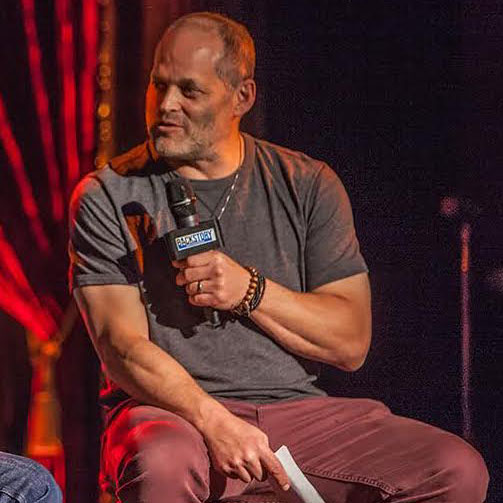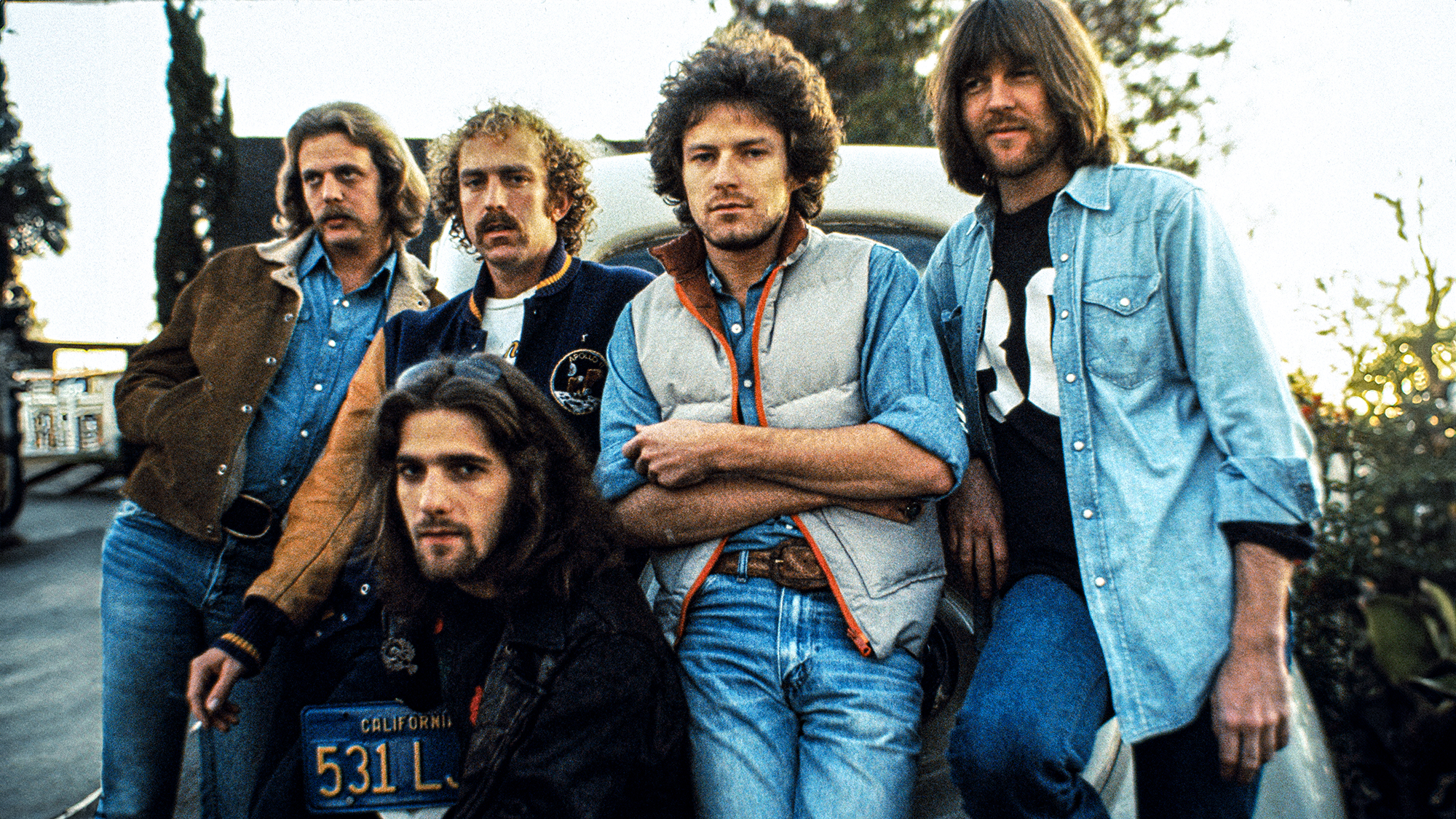“When I was 3, I saw Dickey Betts at a blues festival and was mesmerized. I put out my first album at 11 and toured heavily, mostly on school vacations”: Buddy Guy-backed Quinn Sullivan is spreading his wings on his fifth album – at the age of 25
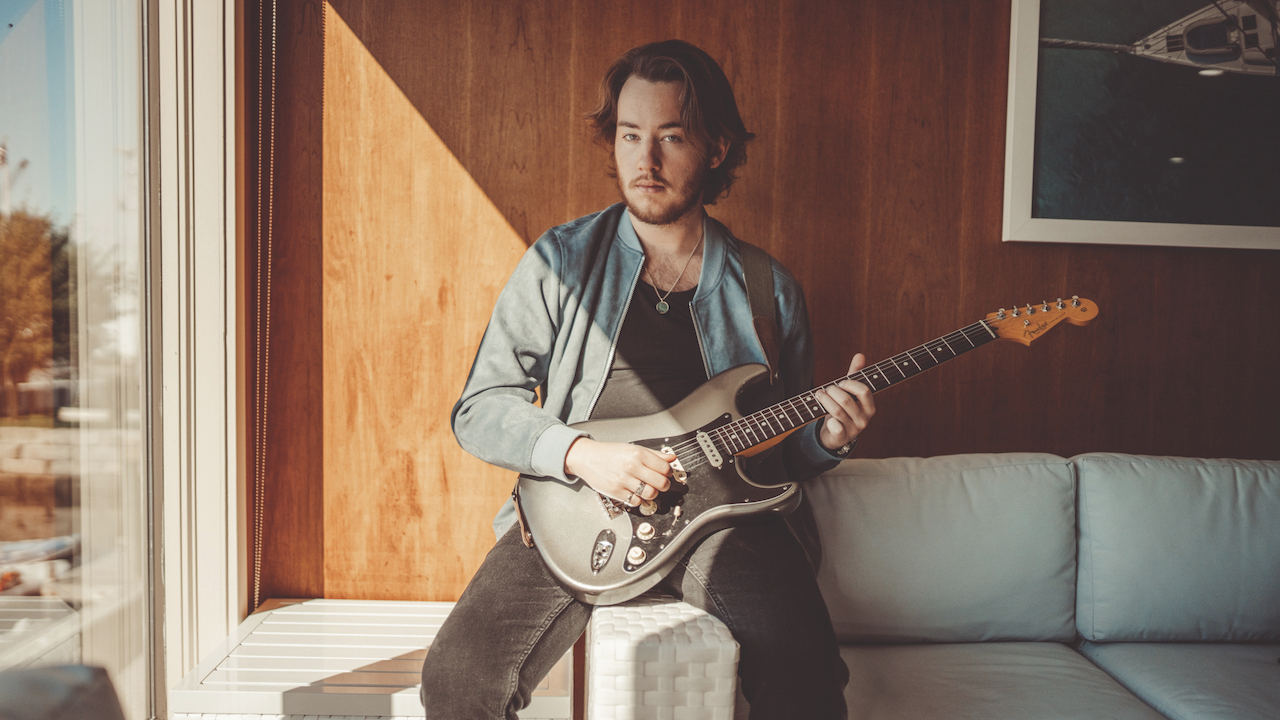
All the latest guitar news, interviews, lessons, reviews, deals and more, direct to your inbox!
You are now subscribed
Your newsletter sign-up was successful
At age 25, Quinn Sullivan is already a music veteran. That’s what happens when you begin your career before you’re out of first grade. The singer/songwriter and guitarist has cemented his transition from child prodigy to mature adult performer with his new, fifth album, Salvation (Provogue/Mascot Label Group). The wide-ranging set touches a lot of musical bases, with riff-driven hard rockers reminiscent of classic radio rock, like Dark Love, rubbing shoulders with R&B falsetto groovers, like Once Upon a Lie.
“Musically, Salvation is truly where I’m at in my life, and it touches on topics of loss, trauma and love,” Sullivan says. “It’s a very personal album.”
Sullivan became nationally known when he appeared on The Ellen DeGeneres Show at age six. Two years later, he met Buddy Guy backstage at a concert near his New Bedford, Massachusetts, home, and the blues legend invited him out to play the night’s last few songs.
“That night truly changed my life, both professionally and personally,” Sullivan says. His mentorship with Guy lasted a decade, as he often appeared with him and even recorded a solo on Guy’s 2008 album, Skin Deep.
“I’m forever grateful for Buddy’s support for my music,” Sullivan says. “His mentorship lasted about 10 years, but we have a friendship that is eternal.”
You started playing at age three and were on The Ellen DeGeneres Show when you were six. How the heck did that happen?
“My parents knew that I had a natural ear for music, which I was always around because of them. When I was three, I saw Dickey Betts at a blues festival in my hometown and was mesmerized. I had a First Act acoustic guitar that I brought everywhere, and a photographer snapped me strumming along. It ended up on the front of our local newspaper.
All the latest guitar news, interviews, lessons, reviews, deals and more, direct to your inbox!
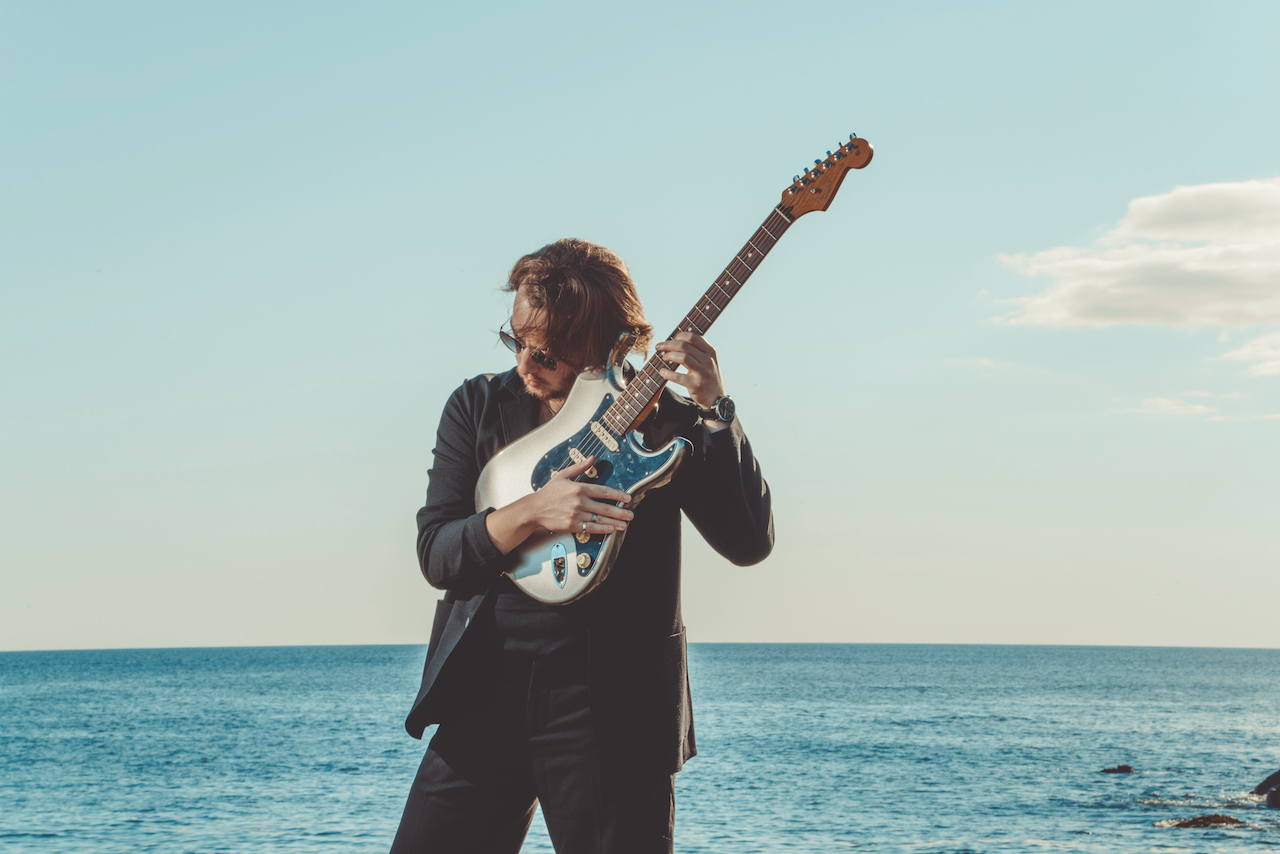
“My father, Terry, had been almost jokingly emailing TV show producers with some videos of me playing around town. The Ellen show producers got back to him almost immediately, and a month later my dad and I were flying to Los Angeles. I had never been on a plane before!
“Ellen was super-kind and gave me a Gibson ES-335, which was double my size. I still have it today and got it signed by B.B. King and Buddy Guy. It’s my own personal national treasure. The show aired about a week later and propelled me onto the scene nationally. People still come up to me and say they saw me on Ellen.”
Tell me about how you met Buddy at a concert in New Bedford.
“Some people we knew at the theater were aware that I wanted to meet Buddy, and they very graciously got us backstage for a meet and greet. Buddy was so kind and soft spoken. He had an American flag rugby shirt on, with a brown fedora, a gold Rolex with gold rings... He was the coolest person I had ever seen! He signed my Squier Stratocaster and asked me to play a few notes for him, then said, 'Be ready when I call you.'”
Can you point to a few things you learned from him?
“I learned so much musically from Buddy. The main thing was his showmanship – his way of commanding a crowd like no other. He can have the audience in the palm of his hand in less than a second, then go into a blistering solo that just knocks everyone out. I try to bring that fire into my live shows.
“Another valuable lesson I’ve learned from Buddy is to put 100 percent of your heart and soul into every performance, whether you’re playing in front of 10 people or 10,000, because you never know who’s watching. I sometimes have to remind myself of that when I’m gearing up to play for a room of 50 to 60 people. His voice echoes in my brain and helps immensely in those situations.”
Was there a specific point where music transitioned from something that a parent pushed you toward to being your own thing?
I never want to be defined by one genre because I never want to have a lid on my creativity
“I was lucky in that I was never pushed into anything by my parents, although they certainly lifted me up and allowed me to follow my dreams. I think exposing children to music at a young age has nothing but positive outcomes, but parents come up to me and ask for advice on how to get their child into playing an instrument and I always say never force him or her to do anything. It’ll never be natural if they don’t seek it out themselves.
“I think it started becoming my own thing at around 11 or 12. I put out my first album at that age and was touring heavily, mostly in the summer and on school vacations. I knew that this was what I wanted to do for the rest of my life, but I have had that feeling for as long as I can remember. Being an artist is something that I feel is a need for me as a human being. It’s the best way I know how to express myself.
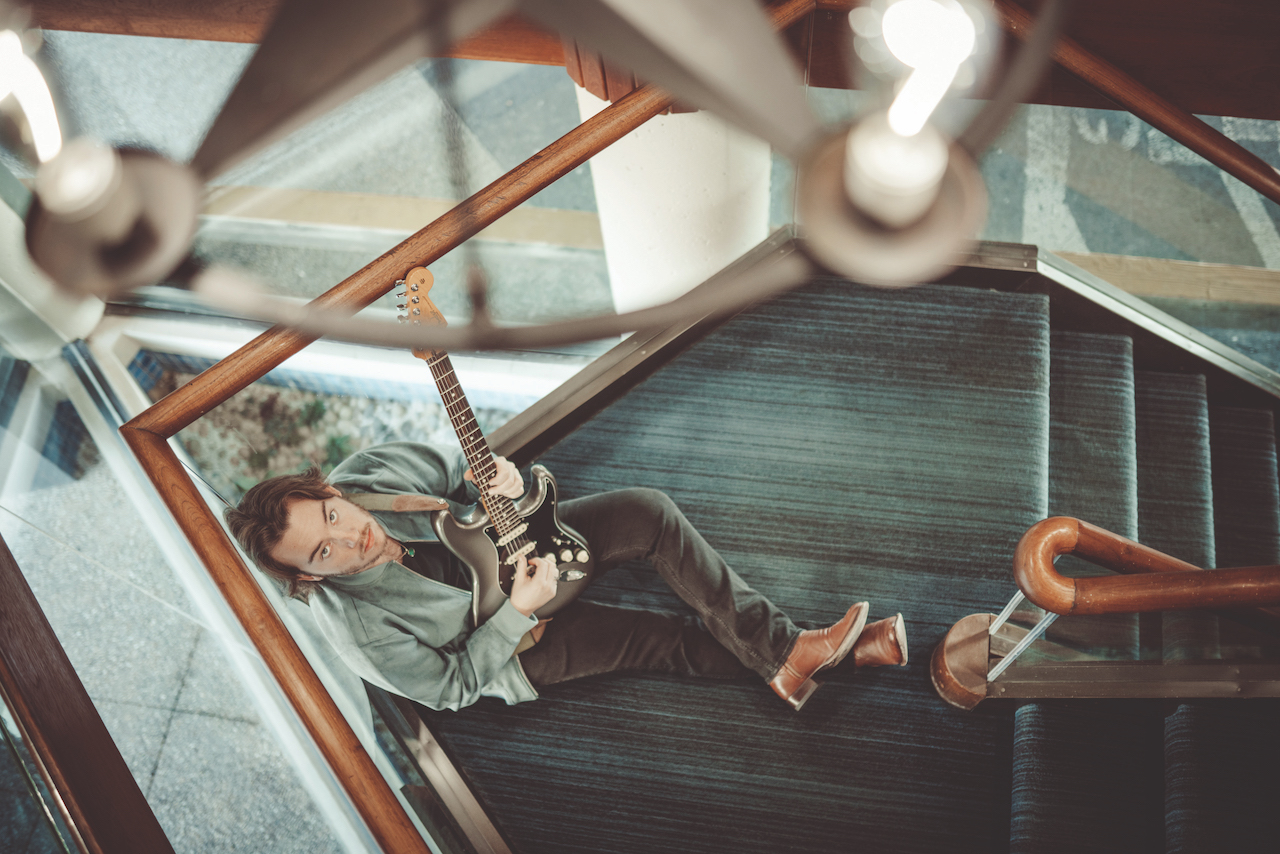
The new album covers a lot of ground, including R&B and rock. You do a great cover of the Beatles’ Dear Prudence. I love the arrangement, which adds a guitar coda that makes it very much yours.
“Thank you! I wouldn’t be a musician if it wasn’t for the Beatles. They have by far had the biggest impact on me musically. I just love how they never let anyone define them. They changed with the times and pushed the boundaries in the studio and did things that hadn’t been done before. I still find new things about songs I’ve listened to since I was three. Every time I’m in the studio, I think about how they would approach things.”
Who are some of your other primary guitar and musical influences?
”There are so many guitar influences, but if I had to narrow it down to a few, I’d say Eric Clapton, Derek Trucks, Carlos Santana and David Gilmour. They shaped guitar playing for me, and they all have one thing in common: They play from their heart to make every note count. I am a fan of guitarists who tell a story with their playing that can move you emotionally.
”All of them do that for me, and I listen to them every day. I’ve been lucky enough to meet, hang and play with all of them, except Gilmour, who’s still on my bucket list. I’m also influenced by modern music, like Tame Impala and Post Malone, and even Harry Styles. I’m a big fan of their albums and am influenced by their songwriting.
“Recently, I’ve been getting into Middle Eastern, African and Indian music, via Derek Trucks. I’ve heard him talk about how much those styles have influenced his approach to playing the guitar, so I’ve been digging into some of the people he’s mentioned, like Ali Akbar Khan, D’Gary and Bismillah Khan. It’s such beautiful music.
“I’m also a fan of soul singers like Aretha Franklin, Marvin Gaye, Curtis Mayfield, Otis Redding, Sly Stone and, of course, Susan Tedeschi, who is the best singer I’ve ever witnessed live. My influences keep evolving and changing. I’m always keeping my ear open for new music and discovering new artists every day that I add to my arsenal of inspiration.”
Salvation feels like a very emotional album. Tell me about the recording process.
“Thanks. This was a very therapeutic album to make. It touches on loss, trauma and love. I lost my mother unexpectedly a year and a half ago, so this album was made while grieving this unimaginable loss. I felt her strength pushing me through. I probably wouldn’t have been able to make an album at that time if it wasn’t for the strength of my mother carrying me through the entire process.
“I called the album Salvation because that word echoes what I’m going through right now: being saved by the love and the people around you, through the pain of loss and the trauma that comes along with that. That feeling speaks in all of the songs, touching on several topics.
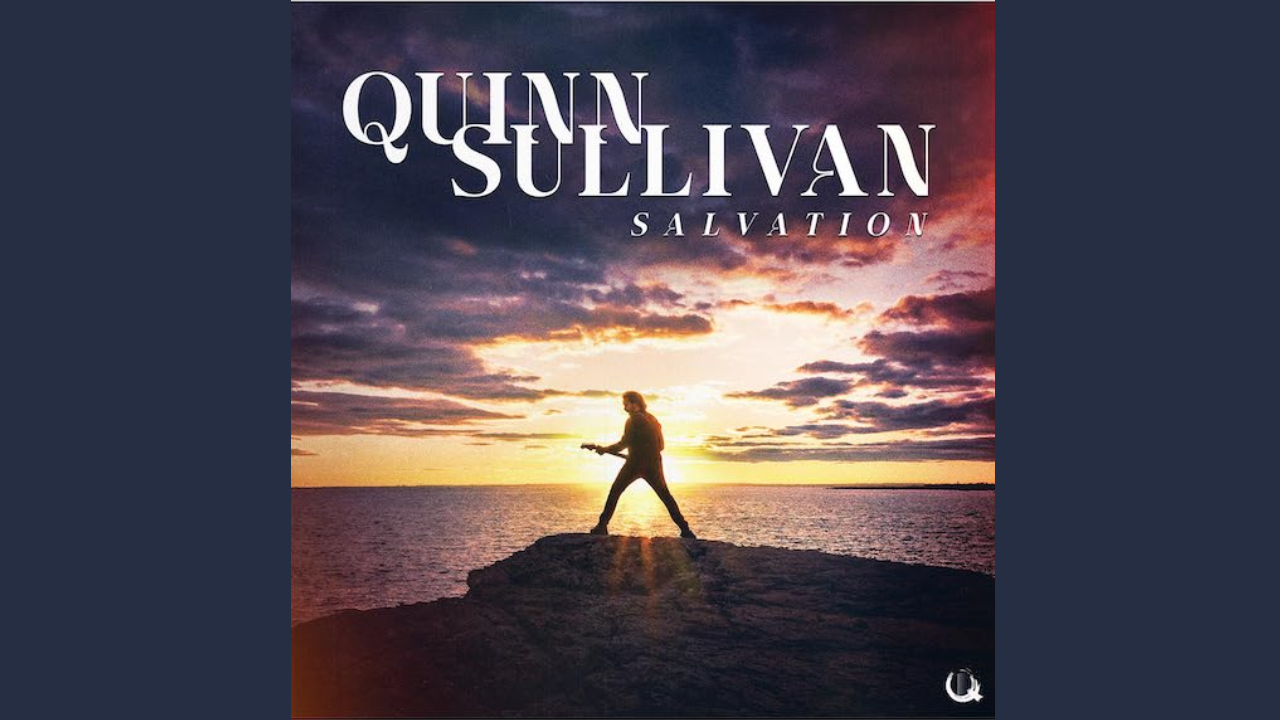
“I recorded it in Minneapolis with producer/mixer John Fields and wrote the album with John and songwriter Kevin Bowe. My live band is on two tracks, but we used session musicians for most of the album. I’m the only guitar player and played bass on some of the tracks too, which is a first for me.”
What gear did you use?
“The electrics were Fender Stratocasters and Telecasters, Gibson Les Pauls and SGs, and a PRS Silver Sky. My acoustic was a Martin Eric Clapton signature 00-28. For amps, I used a Fender Deluxe Reverb and a Vibrolux Reverb. The pedals were a Vemuram Jan Ray [boost overdrive] and Myriad Fuzz, an Ibanez Tube Screamer, a Fulltone Octafuzz, and Strymon Lex and Flint pedals.”
Tell me about a few of the songs on the album, starting with Don’t Wanna Die Today, which has a great guitar tone, and two others that are special to you.
“I was inspired by the Jesus Christ Superstar soundtrack, and the groove to Don’t Wanna Die Today began with that album in mind. I was also going for that Wheels of Fire Cream sound with my guitar. I played a Gibson SG ’61 reissue. I wanted it to sound like the ’60s, and I have to give credit to John for capturing that sound.
“Once Upon a Lie is one of my personal favorites. The inspiration came from the school of soul music. I had the initial riff for years but never really touched it until I was in the studio and found the old voice memo on my phone. I’ve always loved singing in falsetto, and this song just felt like the right song to do it. Lyrically, it’s about the feeling of being lied to by someone you love, which is about the worst feeling. It’s about being tired of being lied to and moving on with your life.
“The third song I’ll mention is Salvation. I wanted a song that paid homage to Jimi Hendrix, with some of that fire, but without copying Hendrix, because let’s face it, nobody can do what Jimi did. Michael Bland plays on it, and he’s one of the greatest drummers alive. He played with Prince for a long time, so he put his vibe on the track, which I think really lifts it. I’m excited for people to hear Salvation and take on their own meanings to the songs.”
Is it fair to say that you started as a blues guy and keep expanding while staying rooted there?
“You know, I haven’t ever felt like a blues guy, despite being rooted in it and having a mentor who is the genre’s biggest star. I have a major love for blues, which I think is the purest music ever, but it’s not necessarily the genre I gravitate toward when working on my own music. I’m influenced by everything: soul, rock, Latin, Indian, hip-hop rhythms and some pop.
“I’m a singer/songwriter and guitar player who draws inspiration from a lot of styles and mixes them all into my music, which leans toward rock and soul. I never want to be defined by one genre because I never want to have a lid on my creativity.
“A lot of people have looked at me as some sort of ’savior of the blues’. That’s certainly not a one-person job, and we have to look more at how we can keep that music alive in a way that speaks to young people. We have to push it forward but not be stuck in the past.
“There’s a lot of people who expect players like me to stay rooted in one area, because of their own nostalgia. But I have to be my own artist, and that’s the place I’m moving toward now in my career.”
Alan Paul is the author of three books, Texas Flood: The Inside Story of Stevie Ray Vaughan, One Way Way Out: The Inside Story of the Allman Brothers Band – which were both New York Times bestsellers – and Big in China: My Unlikely Adventures Raising a Family, Playing the Blues and Becoming a Star in Beijing, a memoir about raising a family in Beijing and forming a Chinese blues band that toured the nation. He’s been associated with Guitar World for 30 years, serving as Managing Editor from 1991-96. He plays in two bands: Big in China and Friends of the Brothers, with Guitar World’s Andy Aledort.



